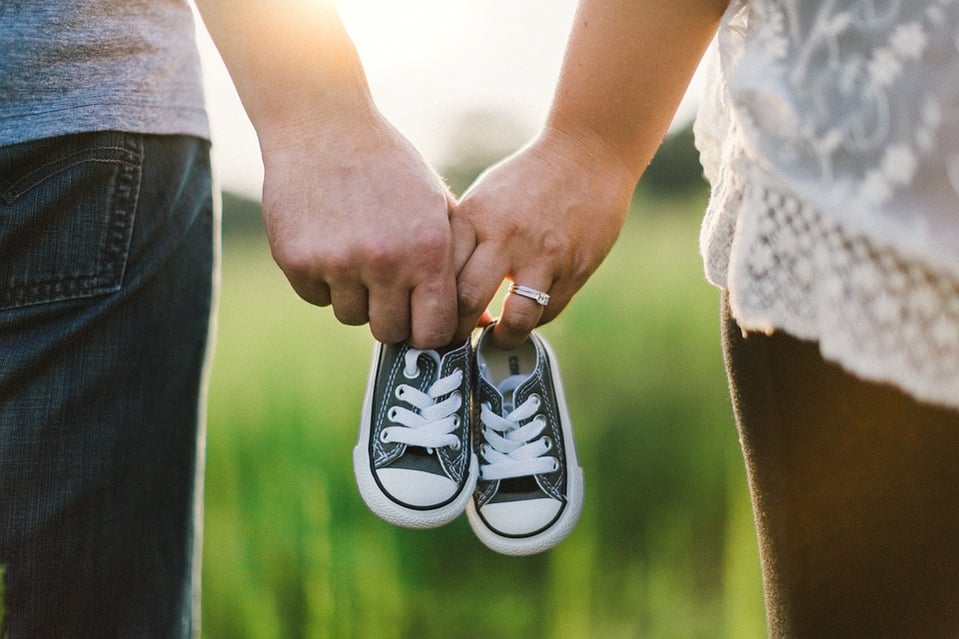Are you ready for this? Wondering what the visit will be like?
Don't stress!
Hey, we know adoption is stressful enough, there are so many decisions and a ton of paperwork. The last thing you need to be worried about is your home visit.
Here are some things to keep in mind:
RELAX:
- No one is there to judge you, they are there to learn more about you and your family.
- They want to be sure your home meets the safety guidelines of your state of residence.
- The social worker will ask you a lot of questions, about your childhood, your marriage, your relationship with your parents and siblings, what your adoption plans are, and many more.
PREPARE QUESTIONS:
- Ask all the questions you have about adoption even if you think they are silly
- This is a chance to help you understand the adoption process. It is also an opportunity for you to explore the type of child you are considering for adoption.
BE YOURSELF:
- Be honest and upfront with information.
- If you have something in your past you are not proud of (an arrest, an addiction and/or treatment, etc.) be upfront and honest from the beginning. It can save a lot of time in the long run. Things in your past do not always mean you cannot adopt, but the most important thing to remember is fully disclosing things that have happened in your past from the moment you contact your agency is highly important.
EXPERIENCE:
- Try not to be anxious about the home visit.
- Make this a learning experience and think of it as part of your future child's adoption story.
HOME: Here is a list of the safety areas that a social worker will be looking at in your home. Remember these vary according to your state of residence and if you are concerned about something, ask your social worker before the visit so that you are prepared when they come.
- Fire/smoke/carbon monoxide detectors in the home
- Potential hazards (e.g. medicines, cleaning supplies) out of reach
- Railings on stairways
- Fenced/locked/alarmed pool (if any)
- Protected fireplaces and/or wood stoves (if any)
- Secured firearms (each state has different regulations about storage of firearms)
- Overall maintenance of the home inside and out
- Other potential safety concerns
- Adequate space for the addition of a child to the home
- Appropriate bedroom space for an additional child
- Living areas of the home (Kitchen/dining/living room)
- A plan for child proofing if no children are currently in the home or child proofing (e.g. outlet covers, cabinet locks, gated stairs)
If there are any concerns regarding the safety of the home, you will have an opportunity to correct it. Once corrected, you will need to provide proof of the correction.
For more information download our agency Home Study Guide here.



Let Us Know What You Thought about this Post.
Put your Comment Below.